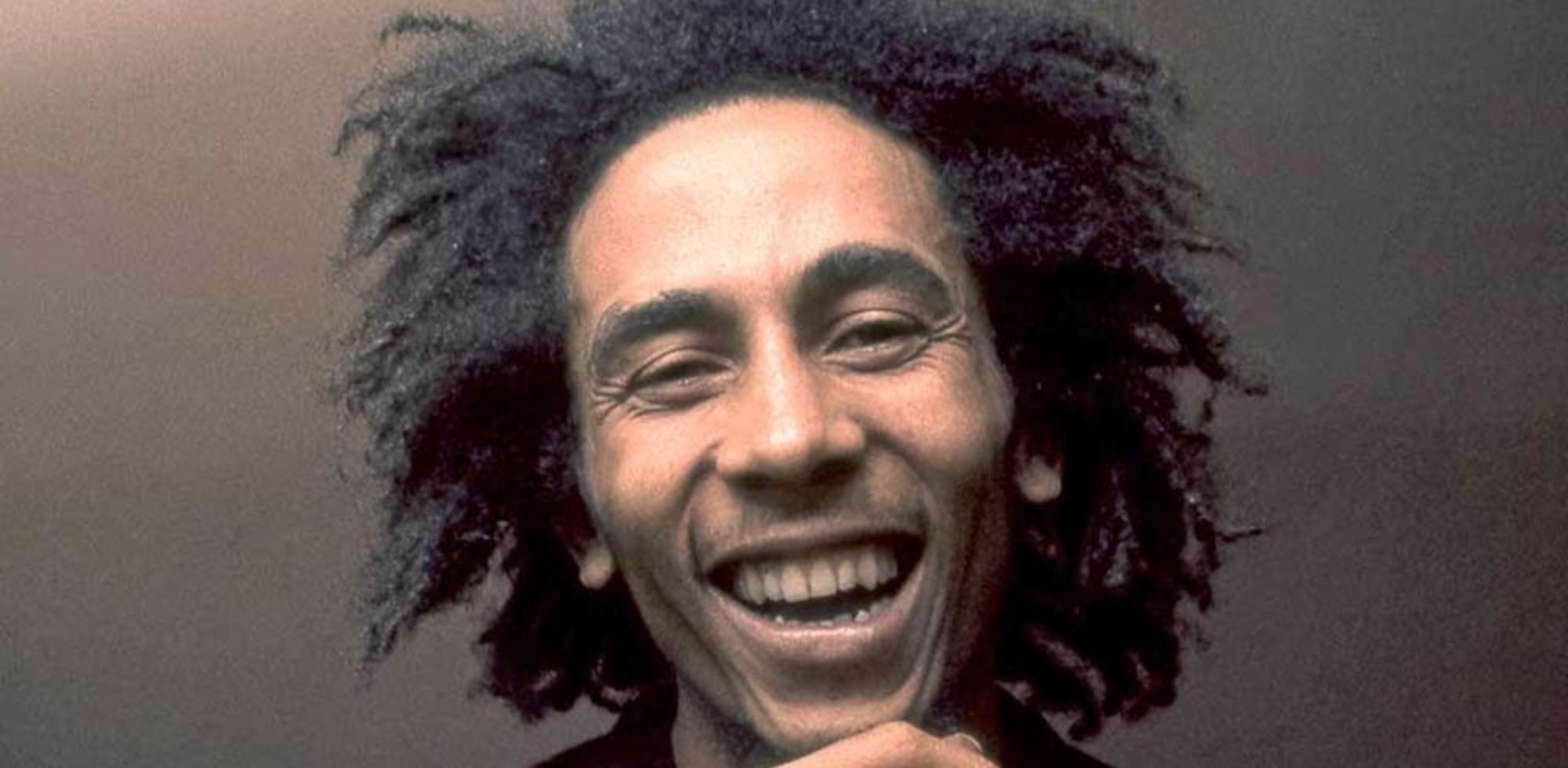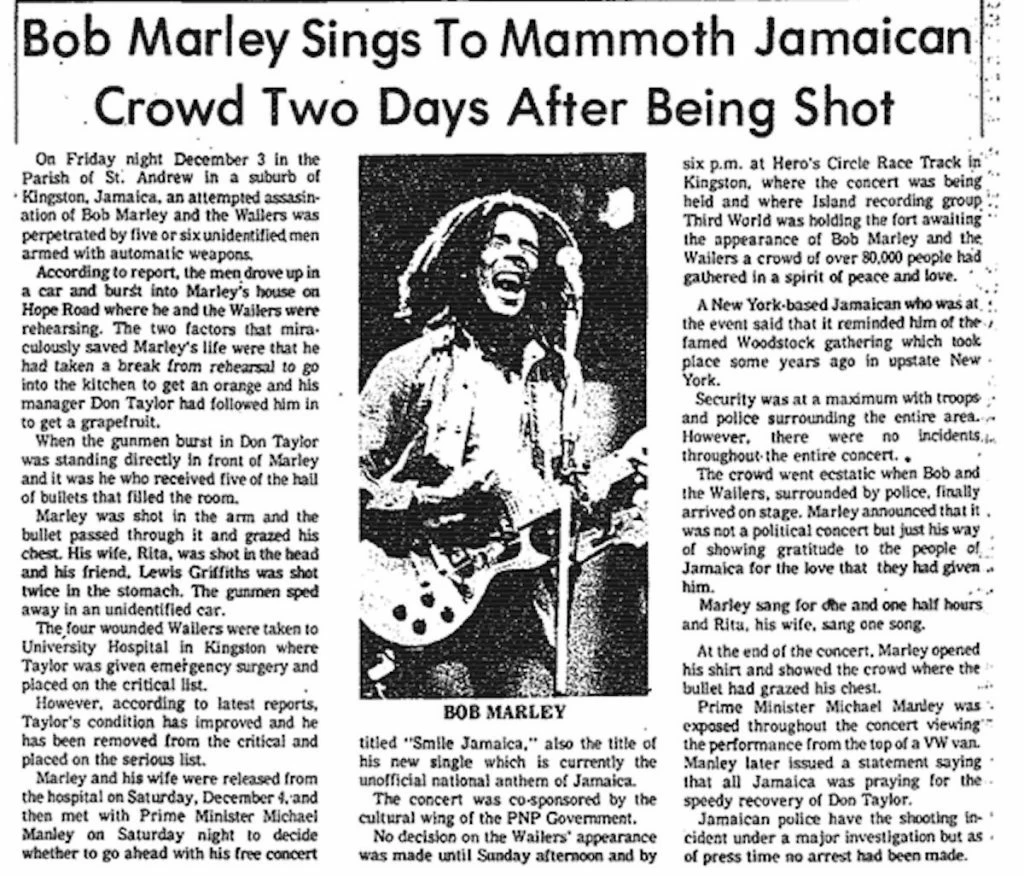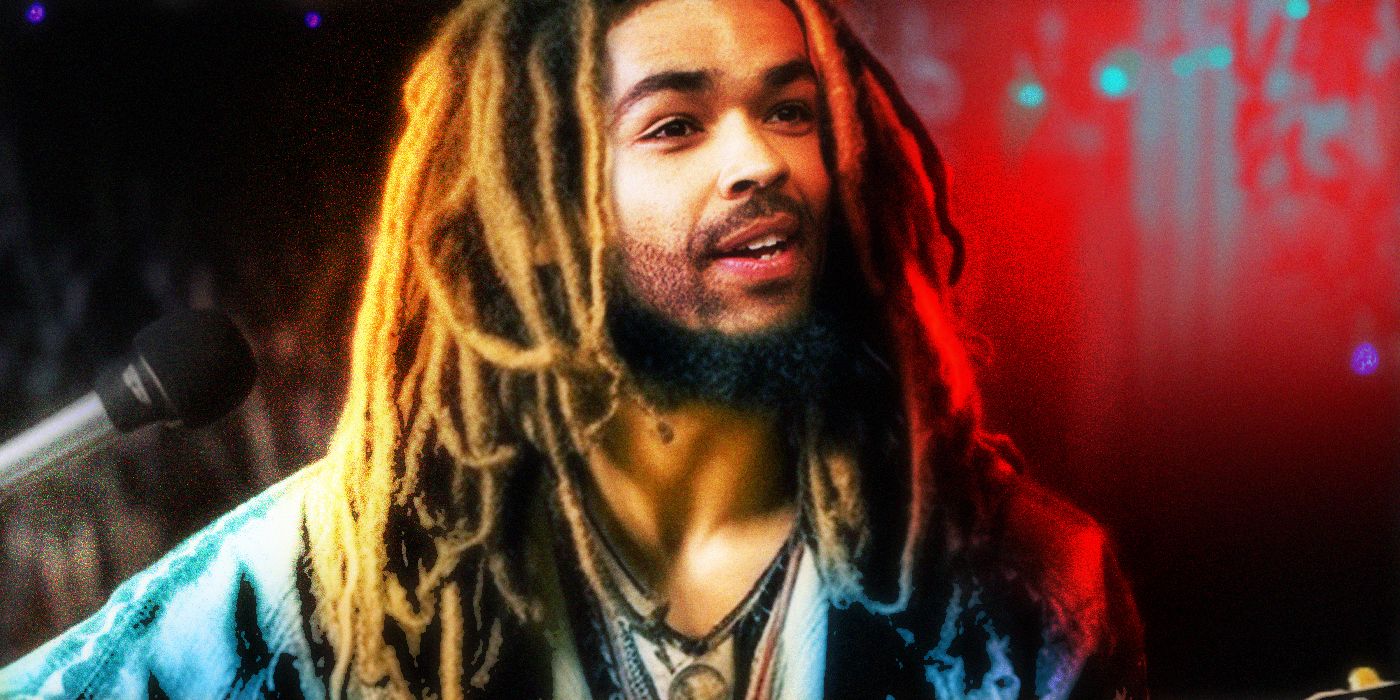When you hear the name Bob Marley, chances are your mind immediately drifts to reggae beats, peace vibes, and messages of love. But behind the music lies a tragic tale of how this global icon met his untimely end. Today, we’re diving deep into the question that’s lingered for decades: why did Bob Marley die? Brace yourself because this ain’t just another story—it’s history wrapped in heartbreak.
Bob Marley didn’t just create music; he lived it. His life was an anthem of resistance, unity, and hope. Yet, like many legends, his journey came to a halt far too soon. This article isn’t just about his death—it’s about understanding the circumstances, the medical facts, and the legacy he left behind.
So grab a seat, pour yourself a drink (or some tea), and let’s uncover the truth behind Bob Marley’s passing. It’s not all doom and gloom—we promise. There’s beauty even in the tragedy.
Read also:Robert Capron The Ultimate Guide To His Life Career And Legacy
Table of Contents
- Bob Marley's Biography
- Early Signs of Health Issues
- The Disease That Claimed Him
- Bob's Treatment Journey
- His Final Days
- The Legacy He Left Behind
- Impact on Music and Culture
- Lessons From His Life and Death
- Debunking Myths About Bob Marley's Death
- Conclusion: Remembering the King of Reggae
Bob Marley's Biography
Before we dive into why Bob Marley died, let’s take a quick trip back to where it all began. Bob Marley, born Nesta Robert Marley on February 6, 1945, in Nine Mile, Jamaica, wasn’t just a singer. He was a revolutionary, a philosopher, and a cultural icon. His early life wasn’t easy—he grew up poor, navigating the struggles of mixed-race identity in a segregated society.
Key Facts About Bob Marley
| Full Name | Nesta Robert Marley |
|---|---|
| Date of Birth | February 6, 1945 |
| Place of Birth | Nine Mile, Jamaica |
| Occupation | Singer, Songwriter, Activist |
| Date of Death | May 11, 1981 |
| Cause of Death | Acral Lentiginous Melanoma |
Bob’s music career took off in the ’60s with The Wailers, and by the ’70s, he had become an international sensation. But his rise wasn’t without its challenges. From political turmoil to personal struggles, Bob faced it all—and yet, he kept rising.
Early Signs of Health Issues
It all started innocently enough. In 1977, during a soccer game, Bob noticed a small wound on his toe that wouldn’t heal. At first, nobody thought much of it. After all, soccer injuries are common, right? But as time went on, the wound worsened, and so did Bob’s health. Here’s what happened:
- Bob initially dismissed the injury as minor.
- Doctors eventually diagnosed it as melanoma, a form of skin cancer.
- Bob’s religious beliefs complicated treatment options.
This wasn’t just any melanoma—it was acral lentiginous melanoma, a rare and aggressive form that often affects darker-skinned individuals. And yeah, that’s heavy stuff.
The Disease That Claimed Him
Acral lentiginous melanoma is one of those diseases that doesn’t get enough attention, especially in communities of color. Unlike other forms of melanoma, this one typically appears on the palms, soles, or under the nails. For Bob, it struck his toe, and by the time it was detected, it had already begun spreading.
Why Was It So Deadly?
Here’s the kicker: melanoma is treatable if caught early. But once it metastasizes—or spreads—it becomes incredibly difficult to manage. In Bob’s case, the cancer had already invaded his lungs and brain by the time doctors intervened. Let that sink in.
Read also:Ryan Merriman The Rising Star In Hollywoods Spotlight
According to the American Cancer Society, melanoma accounts for only about 1% of skin cancers but causes the majority of skin cancer deaths. Bob’s situation highlights the importance of early detection and awareness, especially in marginalized communities.
Bob's Treatment Journey
Bob’s treatment journey wasn’t straightforward. As a devout Rastafarian, he believed in natural healing and avoided amputation at all costs. When doctors recommended removing the affected toe, Bob refused, citing his faith and the belief that his body was sacred.
Instead, he opted for alternative treatments, including herbal remedies and spiritual practices. While these methods may have provided temporary relief, they couldn’t stop the cancer’s relentless progression.
Did His Beliefs Harm or Help?
This is where things get complicated. On one hand, Bob’s faith gave him strength during his darkest days. On the other hand, it delayed critical medical intervention. Critics argue that his refusal to amputate the toe might have hastened his demise, while supporters believe his choices were rooted in deep spiritual conviction.
Ultimately, it’s a reminder that balancing faith and science can be tricky—but both play crucial roles in our lives.
His Final Days
In 1980, Bob embarked on what would be his final tour. The “Uprising Tour” was a testament to his resilience, but it was also a painful farewell. By the time he reached Germany, his health had deteriorated significantly. He underwent intensive treatment at the Bavarian Clinic, but it was too late.
On May 11, 1981, Bob Marley passed away in a Miami hospital, surrounded by loved ones. He was only 36 years old.
What Happened Next?
Bob’s death sent shockwaves across the globe. Tributes poured in from fans, fellow musicians, and world leaders. His funeral, held in Jamaica, was a grand affair that combined Rastafarian rituals with state honors. Thousands attended, honoring the man who brought reggae to the world stage.
The Legacy He Left Behind
Even though Bob Marley died young, his legacy lives on. His music continues to inspire millions, transcending generations and borders. Songs like “No Woman, No Cry,” “One Love,” and “Redemption Song” remain timeless classics, their messages as relevant today as they were decades ago.
How Did He Change the World?
Bob didn’t just make music—he moved mountains. He used his platform to advocate for peace, equality, and social justice. His influence extended beyond music, shaping political movements and cultural landscapes worldwide.
For example, his 1978 “One Love Peace Concert” brought together Jamaica’s warring political factions, symbolizing the power of music to heal divisions. That’s not something you see every day.
Impact on Music and Culture
Bob Marley’s impact on music is undeniable. He introduced reggae to mainstream audiences, paving the way for artists like Peter Tosh, Bunny Wailer, and later, Damian Marley. But his influence goes beyond genre—it’s about the message.
Today, reggae has evolved into various subgenres, blending with hip-hop, rock, and pop. Artists like Kendrick Lamar, Drake, and Coldplay have sampled Bob’s work, keeping his spirit alive in modern music.
Cultural Icons Inspired by Bob
- Nelson Mandela cited Bob’s music as a source of inspiration during his imprisonment.
- Barack Obama mentioned Bob’s influence on his worldview.
- Artists like Rihanna and Beyoncé have paid tribute to Bob through their work.
Bob’s legacy isn’t just about music—it’s about empowerment and resilience.
Lessons From His Life and Death
Bob Marley’s story teaches us valuable lessons about life, health, and legacy. Here are a few takeaways:
- Listen to Your Body: Early detection saves lives. Don’t ignore warning signs, no matter how small they seem.
- Balance Faith and Science: Spiritual beliefs are important, but they shouldn’t come at the expense of medical care.
- Live With Purpose: Bob’s music wasn’t just entertainment—it was a call to action. Find your purpose and pursue it passionately.
These lessons remind us that life is fleeting but meaningful. Make every moment count.
Debunking Myths About Bob Marley's Death
Over the years, rumors have swirled about Bob Marley’s death. Some say he was poisoned, others claim he died of exhaustion. Let’s set the record straight:
- Myth 1: Bob was assassinated. False. Medical records confirm melanoma as the cause of death.
- Myth 2: He died because he refused medical treatment. Partially True. While he rejected amputation, he did seek alternative treatments.
- Myth 3: His death was a conspiracy. Unlikely. There’s no evidence to support this claim.
Bob’s death was tragic, but it wasn’t mysterious. It was the result of a rare and aggressive disease.
Conclusion: Remembering the King of Reggae
Bob Marley’s passing was a loss felt around the world, but his music and message endure. By exploring why Bob Marley died, we gain insight into his humanity and the challenges he faced. His story reminds us to cherish life, seek knowledge, and strive for a better world.
So here’s what you can do: share this article, spread awareness about melanoma, and most importantly, keep Bob’s legacy alive. Play his songs, embrace his teachings, and let his spirit guide you. After all, as Bob once said, “One good thing about music, when it hits you, you feel no pain.”
What are your thoughts on Bob Marley’s life and death? Drop a comment below or share this article with someone who needs to hear his story. Let’s keep the conversation going.


